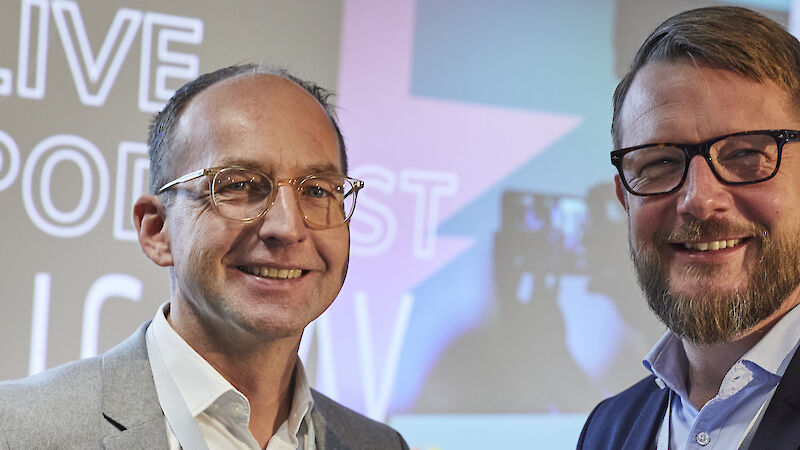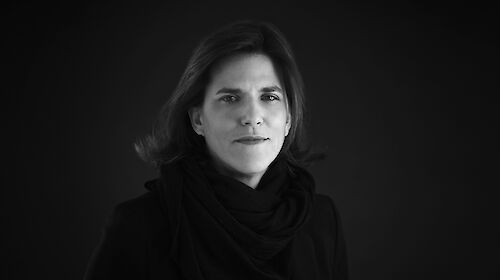“AI has not reached its full potential yet”
GCB FutureTalks #17 with Sven Krueger, Co-Founder & CCO of whoelse
 © Michael Pasternack
© Michael Pasternack
Sven Krueger, Co-Founder and Chief Commercial Officer (CCO) of whoelse, shares his views on AI’s future potential for business events, the reasons for Germany’s success as a conference and congress destination, and explains how the software developed by whoelse can enhance AI-driven voice assistants.
Matthias Schultze: Artificial intelligence is playing an increasingly important role in both our private and professional lives. Can you tell us a little bit about the current use of AI in live communication at business events and what is its future potential?
Sven Krueger: In my view, the field of AI usage has not reached its full potential yet. Today’s focus is primarily on people being on-site. AI support could be used at bigger events, for example, to aggregate the audience’s questions. Prior to the event, AI could help select the relevant target groups and their special interests, and curate their agendas according to their preferences. Real-time translation services, which are rather expensive with human translators, can be handled by simultaneous AI translation.
In future there will be more services available as more and more devices and gadgets become smart by implementing sensors and network connections and developing new interactive AI use cases.
Matthias Schultze: Germany has been one of the world’s leading conference and congress destinations in recent years. What role will AI play in the future to maintain this position? How does Germany compare internationally and what measures must be taken to remain in this leading position?
Sven Krueger: From my point of view, Germany’s success as a conference and congress destination is not tied closely to the adoption of artificial intelligence. I think it is the splendid infrastructure in terms of logistics, the perfectly equipped conference sites and hotels, the general reliability of the German service providers, and last but not least, the Germans themselves, who are eager event attendees and conference clients.
Matthias Schultze: whoelse.ai provides a universal language for different AIs, which will enable them to communicate with each other. How can we visualize this process and in what ways will this benefit the users?
Sven Krueger: The ultimate user benefit is a much broader choice from better services and offerings. Today, everyone thinks about Alexa and Siri, but actually more than 1,000 voice AIs are currently competing with each other worldwide. If manufacturers decide to not be a “microphone of the Amazon business model", they use white-label NLP (neuro-linguistic programming) software e.g. by IBM Watson, Nuance MIX or Deepgram to realize smart speakers, hotlines, or assistants for cars, among other things.
NLP is a local matter, because language is local. Since every market has another leading provider for voice AI, a car manufacturer like BMW must integrate multiple voice AIs in order to sell cars in different countries around the world. Startups as well as industrial and academic research and development units for AI solutions compete alike. NLP breakthroughs happen every week. This makes it hard to predict which voice AI will be the best in 5+ years.
whoelse.ai provides a shared language used by voice AIs to exchange information about voice commands, so called “intents”. If a voice assistant cannot answer a user command, it searches whoelse.ai for other voice AIs better suited to respond. It is similar to the Domain Name System but developed specifically for voice technologies.
 ©
© ©
© ©
© ©
©